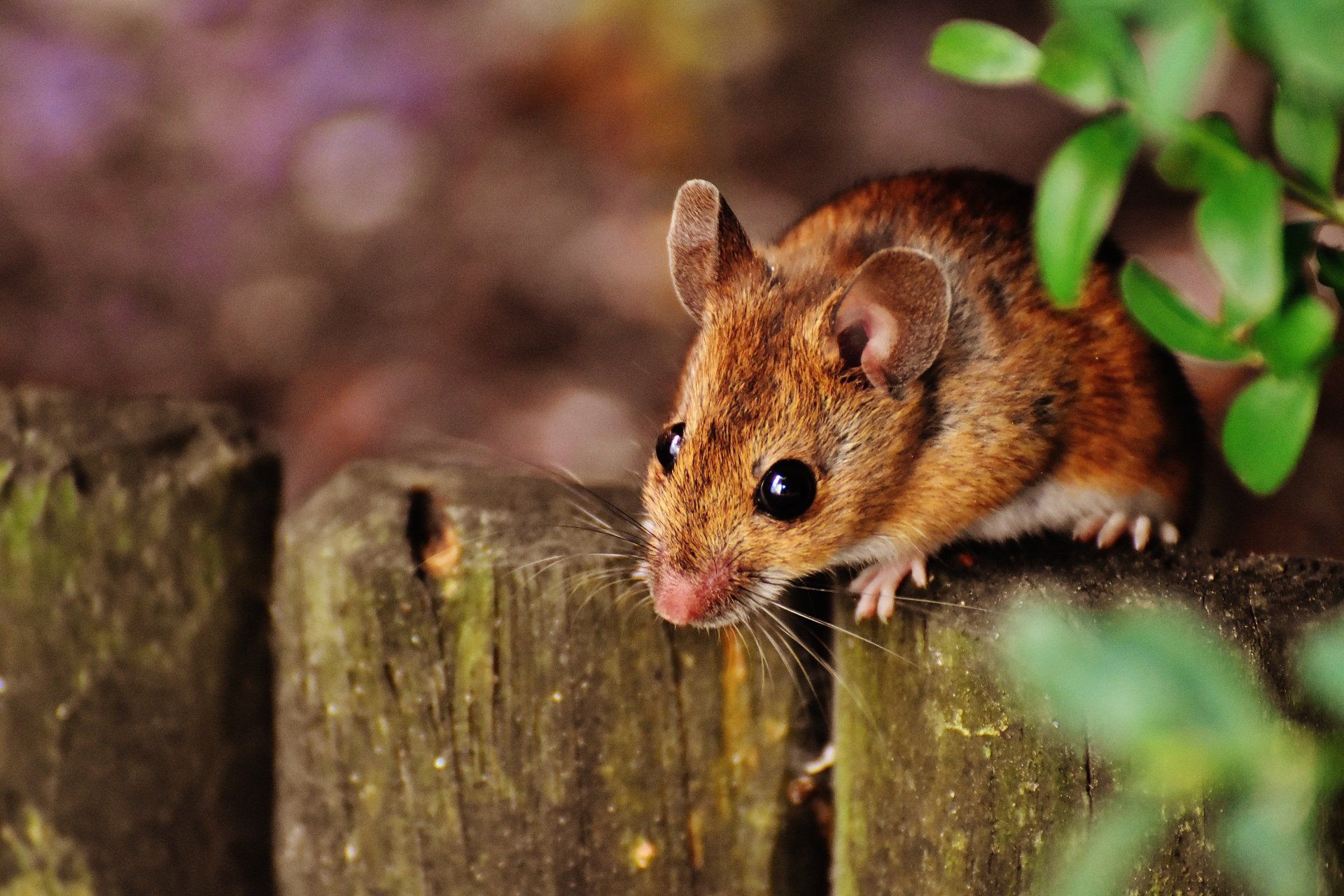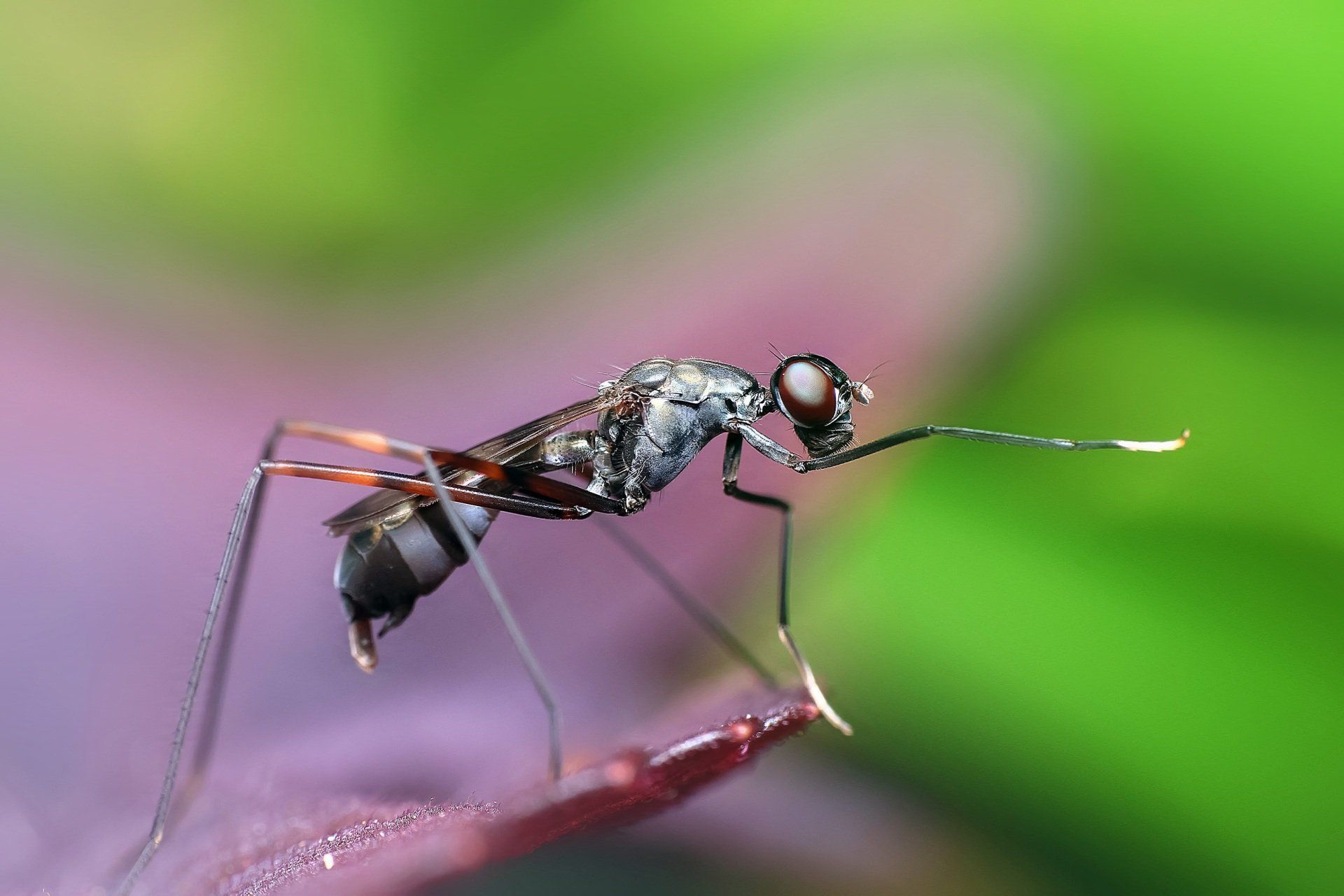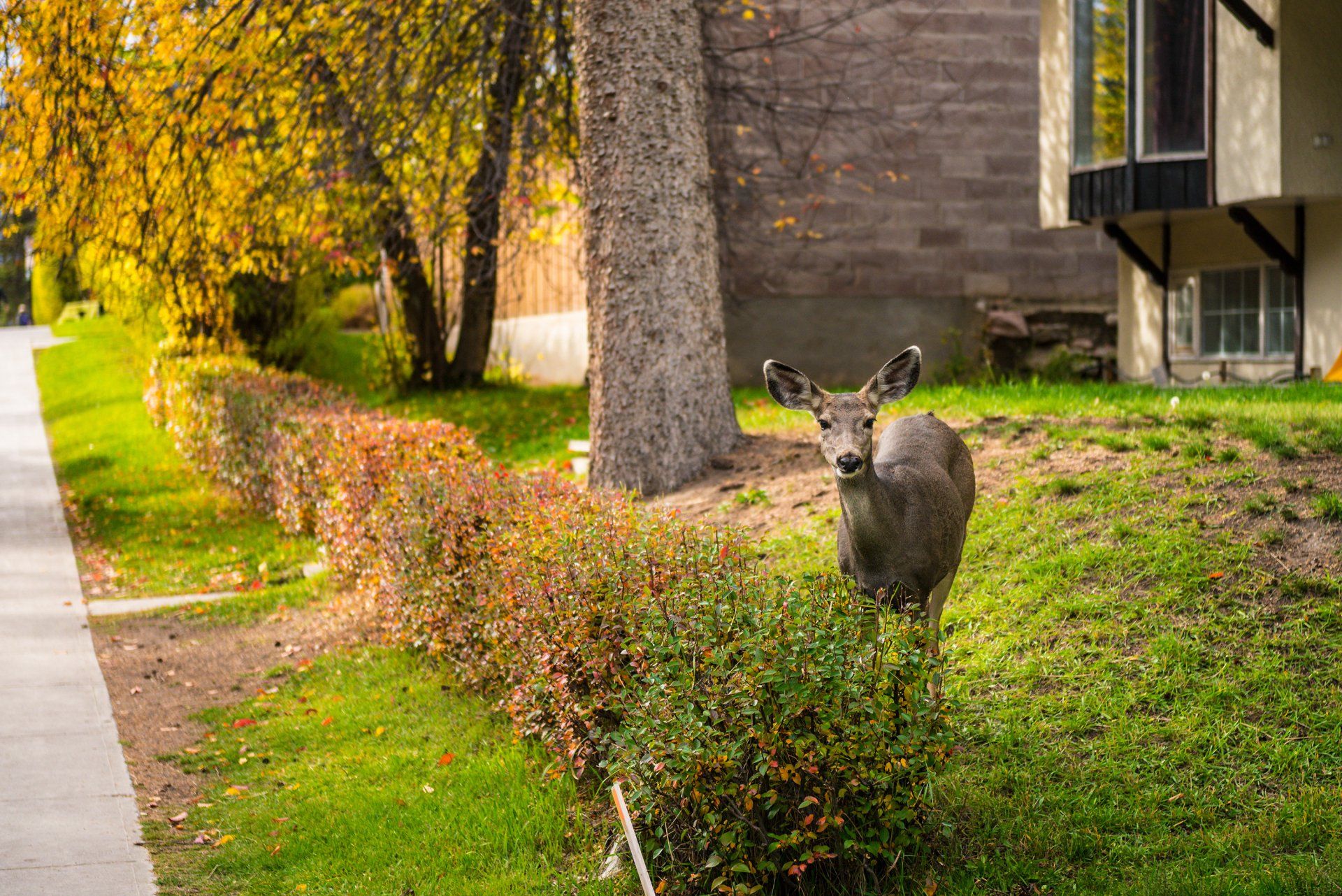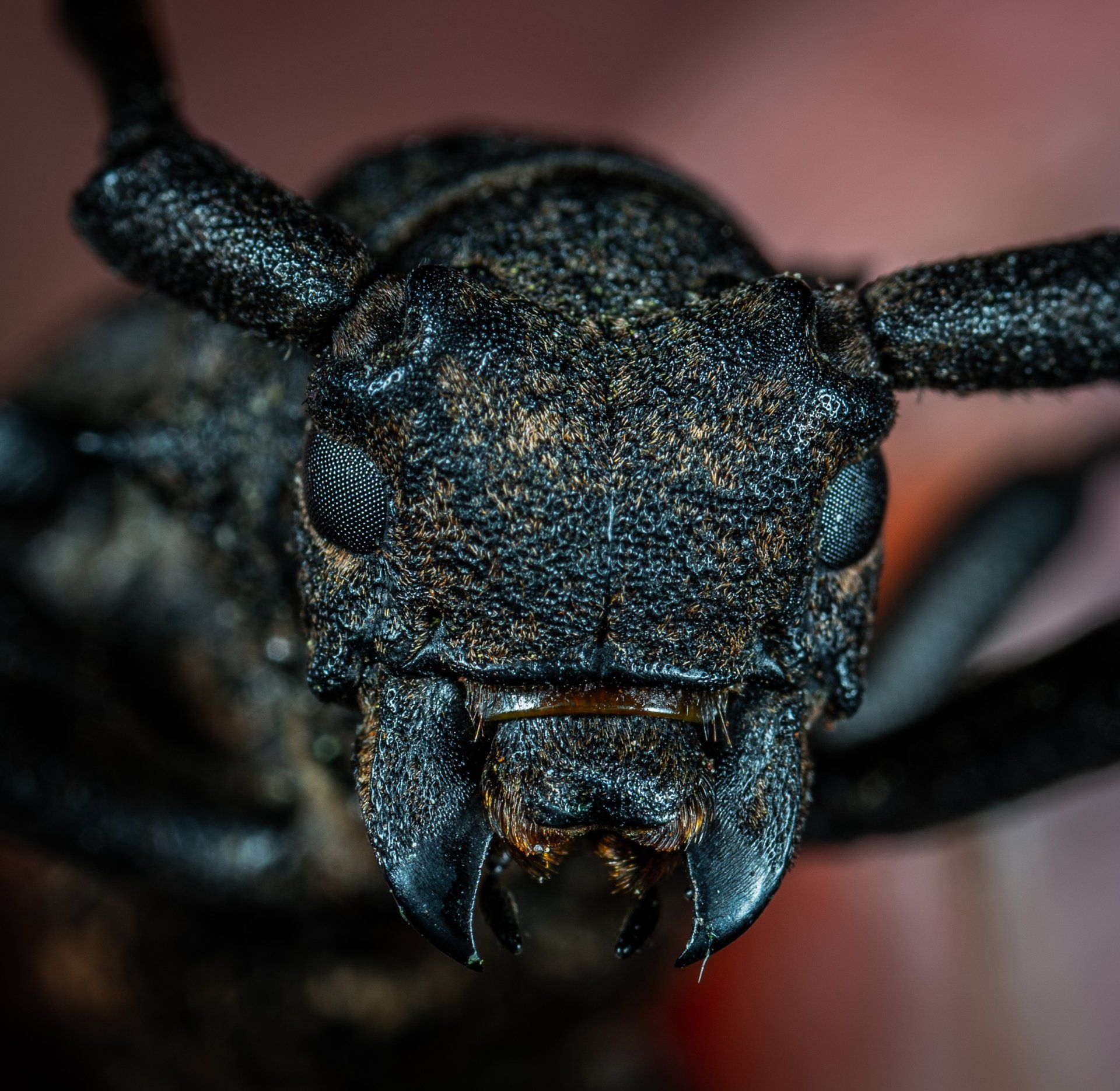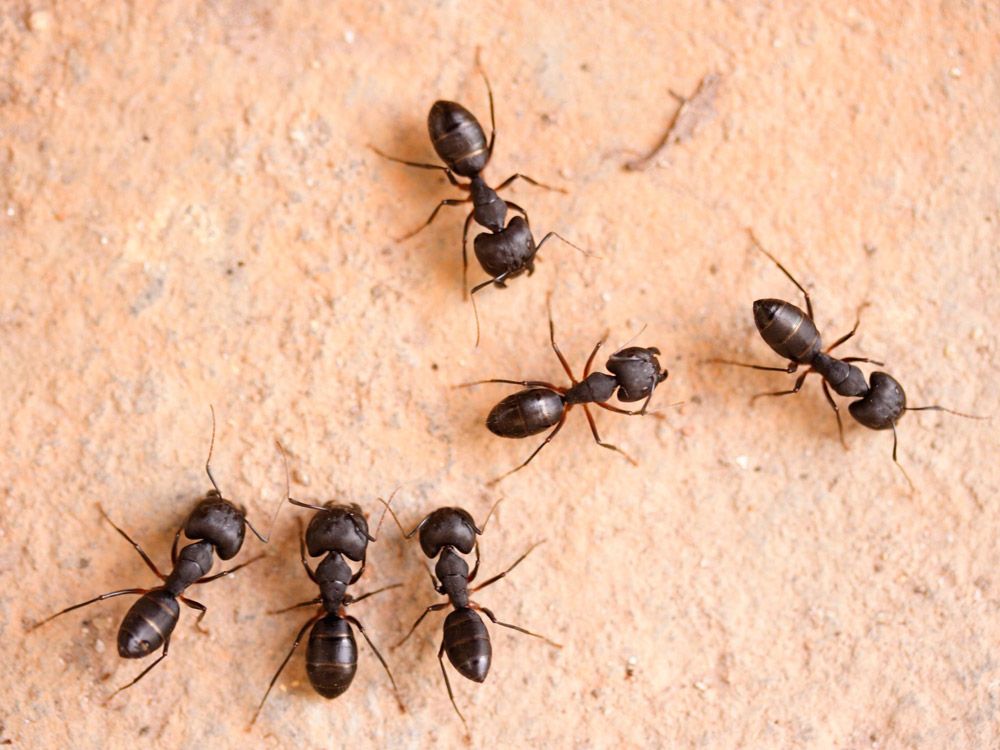How to Prepare for Flea and Tick Season
Stop parasites before they attack.
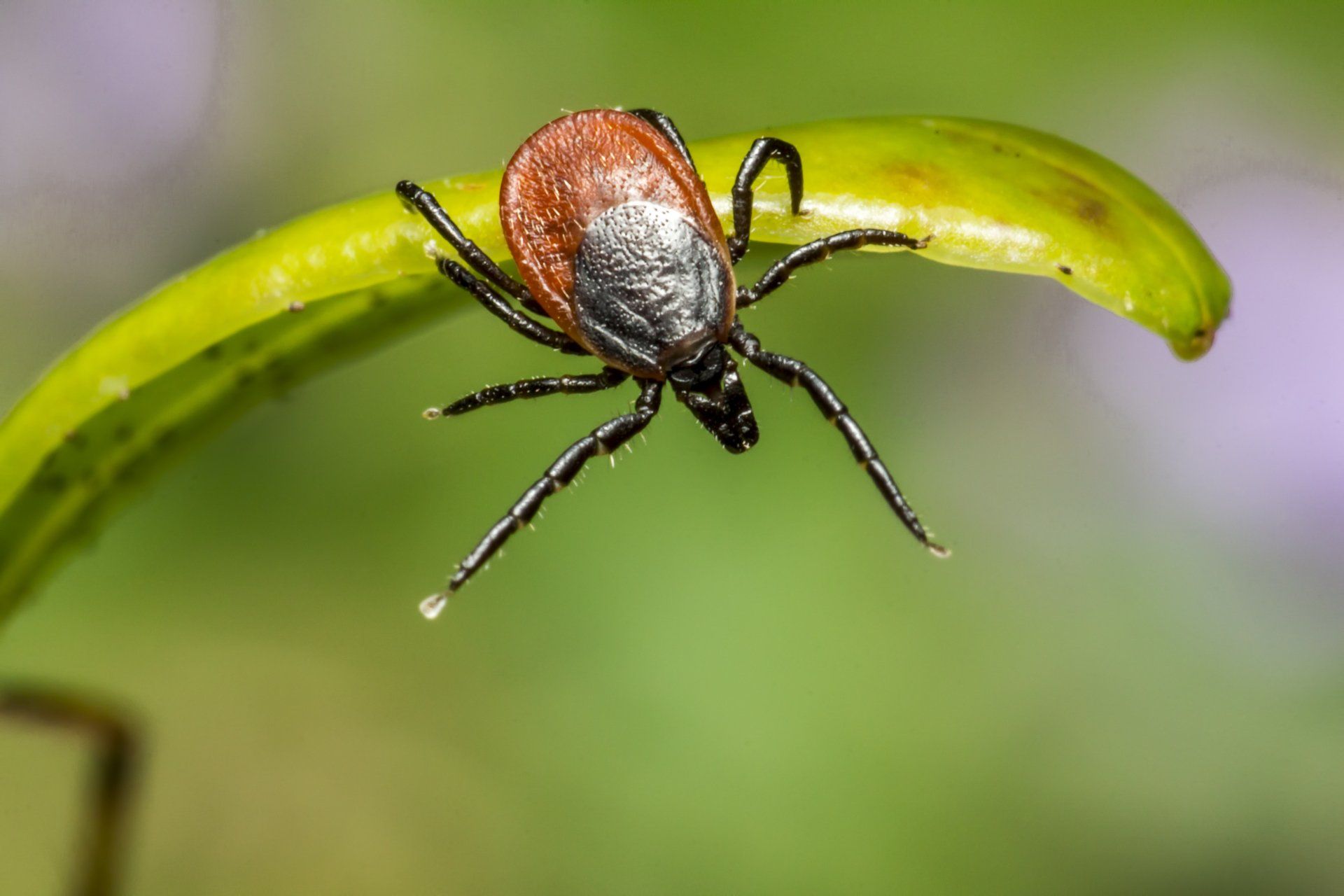
The most common tick-borne disease in New Jersey is Lyme disease. But ticks can also carry Rocky Mountain spotted fever, ehrlichiosis, babesiosis, and anaplasmosis, making them a threat to you and your family.
Even more shockingly, as many as 50% of deer ticks in the Garden State can carry Lyme disease, but preventative measures can prepare you for flea and tick season.
Although lavender, catnip, lemongrass, rosemary sweet basil, pennyroyal, and garlic can all repel fleas and ticks, these plants are not an effective enough preventative measure to rely on alone. Your best bet is to work with an experienced company for flea and tick pest control and follow several guidelines for keeping your home and yard pest-free.
Keep Your Yard Clean
Effective pest control for fleas and ticks begins with keeping your yard clean. Since fleas and ticks look for wooded areas rife with brush and grass, you should keep debris out of your yard. You should also keep your shrubbery well-trimmed and mow your grass frequently, as this can reduce the number of parasites in your yard.
Wild animals such as deer, raccoons, and small rodents can bring ticks into your yard. Birds transport ticks as well.
It’s not uncommon for ticks and fleas to congregate near birdbaths and bird feeders, as they can get dropped off and harbor there in the moist grass or mulch. Always keep these items far from where your family spends time and where your pets play.
If you have a pet, always clean any outdoor spaces that they occupy. This includes pet houses or kennels, as they’re common breeding grounds for fleas and ticks.
Watch Where You Walk
When you take your pet for a walk, avoid brushy areas that have high grass. This is essential for preventing fleas and ticks on dogs.
You should also avoid heavily wooded areas, as fleas and ticks are known to inhabit these spaces. Look for well-manicured walking paths or opt for sidewalks.
Keep Your Pets Up to Date With Preventative Care
One of the best ways to prevent fleas and ticks from infiltrating your home is with preventative pet care. You can choose from oral medications, topical medications, medicated collars, and more. Your vet can help you choose the best option for your pet as you navigate various pest seasons.
If your pet is outside for an extended period of time, always check them for ticks before bringing them into the house. Look for black dots that jump (fleas) or dark “blood blisters” (ticks).
Pets with fur coats should be frequently combed outside with flea combs or brushes. You might even consider professional grooming during the warm summer months.
Clean Inside Your Home
Immaculate homes can still harbor flea and tick infestations. This is often the case when pets or family members accidentally bring pests inside with them. By frequently cleaning your home, you can work to reduce the incidence of unwanted pests.
Vacuum your home at least once a week, if not more. This reduces the risk of fleas setting up shop in your rugs and carpets.
You can use a steam cleaner to sterilize fabrics, such as drapes, couches, or any other linens. Wash bedding, sheets, and pillows often, along with pet beds. Flea larvae commonly burrow in tiny crevices, which means vacuuming alone won’t remove them.
If you suspect a pest infestation, contact a professional pest control company immediately. Fleas can breed within 24 hours and lay as many as 50 eggs in your home —daily.
Prepare for Flea and Tick Season
Although you can remove a flea and tick infestation once you identify one, the best measures are preventative ones. Professional pest control services provide fast and effective control during flea and tick season, keeping you, your family, and your pets safe.
Serene Property Services offers tick and flea pest control in Sparta, NJ, and the surrounding areas. We specialize in flea and tick treatment, so contact us today for an estimate.
We will get back to you as soon as possible
Please try again later
About Us
Contact Info

